Helen Tilley
Associate Professor
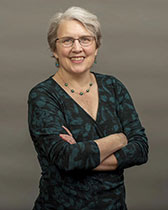
- Office Hours: Tuesdays 3:30pm - 4:30pm and by appointment
Interests
Geographic Field(s): Modern European History: Britain and Its Empire; African History; Global History
Thematic Field(s): History of Science, Technology, and Medicine; Legal and Criminal History; War and Empire in History; Environmental History
Principal Research Interest(s): Science, Medicine, and Environment; 19th and 20th Century Empires; Decolonization, Transnationalism, and World History.
Biography
Helen Tilley (Ph.D., Oxford, 2002) is an Associate Professor of History with courtesy appointments in the Pritzker School of Law and the Anthropology Department at Northwestern.
Her research examines medical, environmental, and human sciences in colonial and post-colonial Africa, including their synergies with legal, economic, and global history.
Her book, Africa as a Living Laboratory: Empire, Development, and the Problem of Scientific Knowledge (Chicago, 2011) explores the dynamic interplay between scientific research and imperialism in British Africa between 1870 and 1950. It received the Ludwik Fleck Prize from the Society for the Social Studies of Science (2014), honorable mention for the Herskovits Prize of the African Studies Association (2012), and the Choice Outstanding Academic Title Award (2012). She has also written articles and book chapters on the history of ecology, eugenics, agriculture, and epidemiology in tropical Africa, and is co-editor with Robert Gordon of Ordering Africa: Anthropology, European Imperialism and the Politics of Knowledge (Manchester, 2007) and with Michael Gordin and Gyan Prakash of Utopia-Dystopia: Historical Conditions of Possibility (Princeton, 2010).
Most recently, she spearheaded a multidisciplinary collaboration with anthropologists, sociologists, legal scholars, and historians that resulted in a sixteen-chapter special issue of the annual journal, Osiris, as Therapeutic Properties: Global Medical Cultures, Knowledge, and Law (2021). The volume examines the worldwide ascendancy of biomedicine, the persistence of nonofficial and unorthodox approaches to healing, and the legal contexts that have served to shape these dynamics. The contributions draw upon source material from the Americas, Africa, Western Europe, the Caribbean, and Asia to trace the influence of penal and civil codes, courts and constitutions, and patents and intellectual properties on not only health practices, but also the very foundations of state-sanctioned medicine and global health governance. Highlighting the payoff of interdisciplinary and transnational analyses, Therapeutic Properties teases apart how different actors fought to write the rules of global health, rendering certain approaches to life and death irrelevant and invisible, others pathological and punishable by law, and others still, normal and natural.
Her current project focuses on the history of African decolonization, global governance, and the ethnoscientific projects that accompanied state building in the colonial and Cold War era. She is investigating, in particular, the different scientific studies and legal interventions in the twentieth century that originally helped to construct “traditional medicine” as a viable category of research and policy-making. She has received grants for her research from the Wellcome Trust, the National Science Foundation (two Scholar’s Awards), and the National Endowment for the Humanities (a collaborative research grant). At Northwestern, she has directed the Science in Human Culture Program, co-founded the Global Medical Cultures and Law Project, and held a three-year Faculty Fellowship with the Buffett Institute for Global Studies. She is also affiliated with the programs in African Studies, Global Health, Legal Studies, and Environmental Policy and Culture.
Affiliated Programs
- Science in Human Culture Program
- African Studies
- Buffett Institute
- Program in Environmental Policy and Culture
- Global Health Studies
- Legal Studies
Publications
Books
- Therapeutic Properties: Global Medical Cultures, Knowledge, and Law (Osiris, 2021), editor.
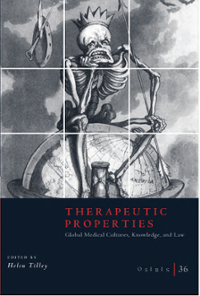
- Africa as a Living Laboratory: Empire, Development, and the Problem of Scientific Knowledge, 1870-1950 (Chicago, 2011).
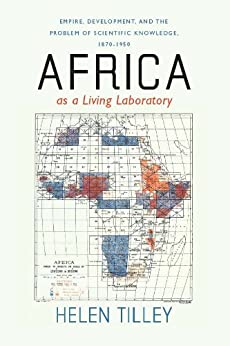
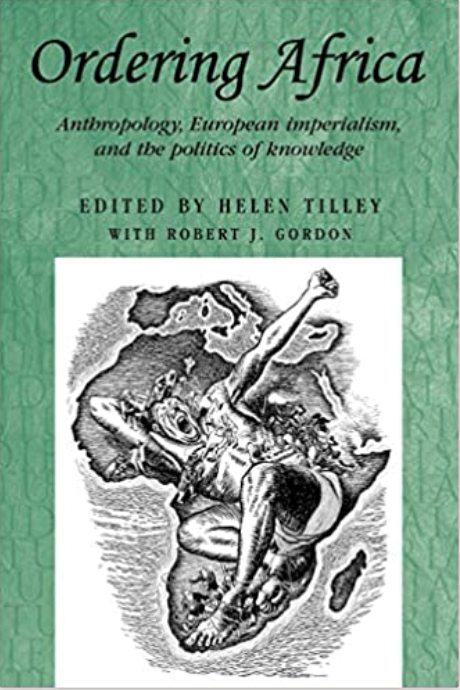
- Utopia and Dystopia: Conditions of Historical Possibility, edited with Michael Gordin and Gyan Prakash (Princeton, 2010).
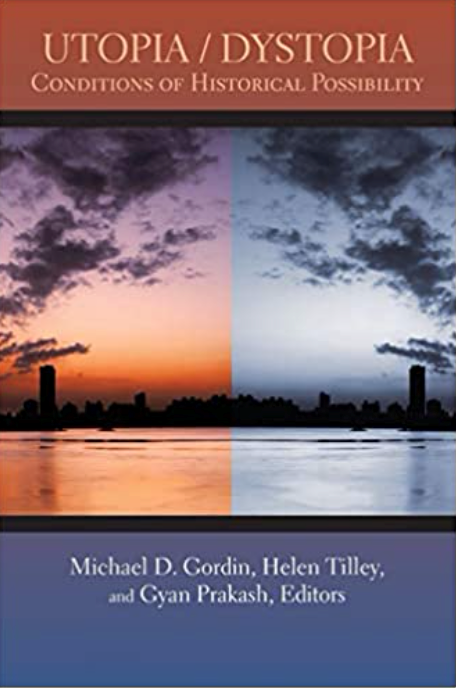
Recent Articles
- Helen Tilley, “Two Stories and Ten Theses on Teaching the Science/Knowledge Divide in Global History” Capitalism: A Journal of History and Economics v. 5 (2024), pp. 152-199.
- “Traditional Medicine Goes Global: Pan-African Precedents, Cultural Decolonization, and Cold War Rights/Properties,” Osiris v. 36 (2021), pp. 132-159.
- “Covid-19 Across Africa: Colonial Hangovers, Racial Hierarchies, and Medical Histories," Journal of West African History v. 6 (2020), pp. 155-179.
- A Great (Scientific) Divergence: Synergies and Fault Lines in Global Histories of Science,” Isis v. 110 (2019), pp. 129-136.
- “The History and Historiography of Science,” in Thomas Spear, ed., The Oxford Research Encyclopedia of African History (Oxford: Oxford University Press, 2019).
- “Racial Science, Geopolitics, and Empires: Paradoxes of Power,” for a special issue of Isis on “Racial Science,” Isis v. 105 (2014), pp. 773-781.
- “Experimentation in Colonial East Africa and Beyond,” conclusion for a special issue of the International Journal of African Historical Studies v. 47 (2014), pp. 495-505.
- “Global Histories, African Genealogies, and Vernacular Science, or, Is the History of Science Ready for the World?” for a special issue of Isis on “Non-European Peoples in the History of Science,” Isis v. 101 (2010), pp. 110-119.
Teaching Interests
She teaches a range of courses in global and African history relating to race, medical pluralism, environmental issues, ethnoscience and technoscience, and law. She welcomes graduate students interested in any of her areas of expertise especially as they intersect with African, imperial, or global history.
Recent Awards and Honors
- National Endowment for the Humanities-Collaborative Research Grant, 2021-2024
- Faculty Fellowship, Buffett Institute for Global Studies, 2016-2019.
- National Science Foundation Scholars Award, 2015-2018.
- Senior Faculty Fellow, Kaplan Institute for the Humanities, 2013-14.
- Ludwik Fleck Prize for Africa as a Living Laboratory, 2014.
- Honorable Mention, Herskovits Prize, Africa as a Living Laboratory, 2012.
